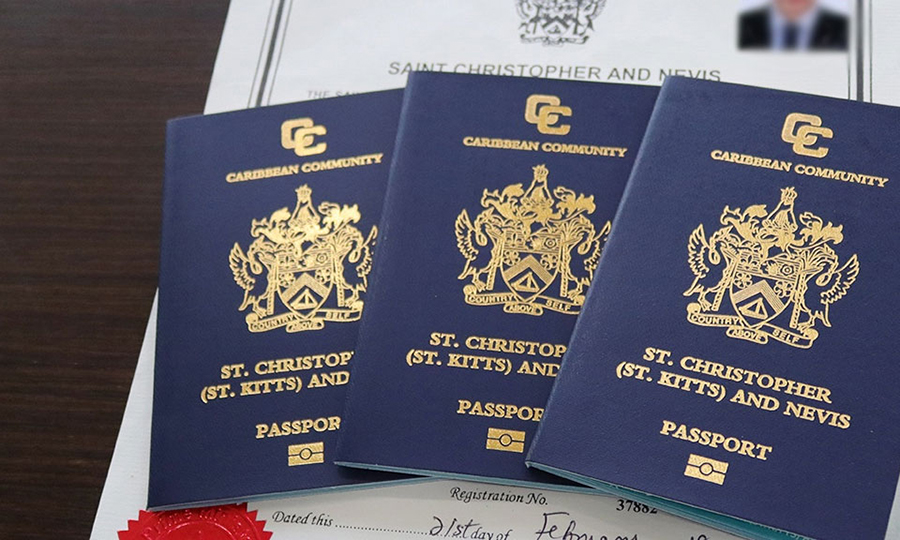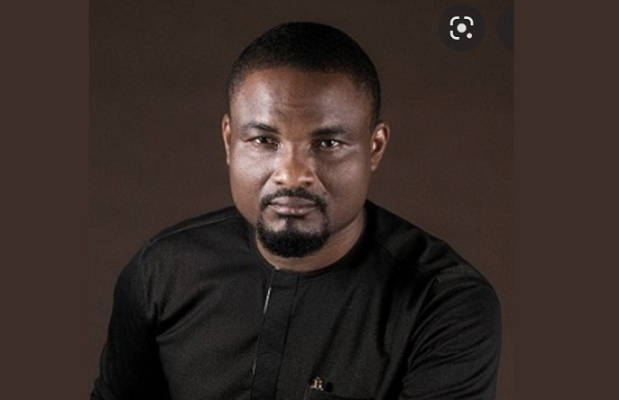For an economy serving over 200 million people and valued at N78.37 trillion, government policies, laws, and regulations play a powerful role in shaping outcomes.
Yet, Nigeria is proof that some of the most dynamic shifts in its economy are happening outside formal policy direction.
In recent years, the private sector has powered more than half of Nigeria’s growth, even as the state struggles to keep pace with industries being rapidly transformed by technology, youth-driven innovation, and informal enterprise.
The country’s economy has moved beyond oil. Agriculture still employs the most people and contributes about 25% to GDP.
Services, particularly telecoms, finance, and trade, now account for over 55%, while industry, including oil and gas, makes up just 20%.
Nigeria’s 3.4% GDP growth in 2024 was largely driven by these non-oil sectors, and that momentum is expected to continue in 2025.
But behind the official stats lies an untold story. A new generation of industry creators, digital entrepreneurs, crypto traders, and wellness startups is booming, yet remains undercounted and underserved. Most operate informally, without government incentives or tailored policies, yet they are creating jobs, building wealth, and reshaping the economy.
This list highlights 10 of those sectors: fast-growing industries that are thriving in spite of, not because of, government support. Together, they reveal the hidden drivers and missed opportunities of Nigeria’s economic future.
 Nigeria’s makeup, beauty, and wellness industry has grown into a vibrant, self-sustaining sector driven by young entrepreneurs, influencers, and a deep cultural appreciation for style and self-expression, all without significant government intervention.
Nigeria’s makeup, beauty, and wellness industry has grown into a vibrant, self-sustaining sector driven by young entrepreneurs, influencers, and a deep cultural appreciation for style and self-expression, all without significant government intervention.
Nairametrics also reported that Nigeria holds a commanding share of $7.8 billion as of August 2023.
The rise began in the mid-2000s with makeup artists like Tara Fela-Durotoye (House of Tara) and Banke Meshida-Lawal (BMPro), who pioneered professional beauty services and training. As Instagram and YouTube took off in the 2010s, a new generation of beauty influencers emerged from Dimma Umeh to Jackie Aina, helping democratize beauty knowledge and product discovery.
The industry now spans skincare brands, organic wellness products, male grooming, spa businesses, and makeup studios. Entrepreneurs like Olamide Olowe (Topicals) and Joycee Awosika (Oríkì) are gaining global recognition for African-made beauty and wellness innovations.
According to Euromonitor, Nigeria’s beauty and personal care market was valued at $1.2 billion in 2023, with projections hitting $2.5 billion by 2027, driven by rising disposable income, youth population, and digital marketing.
















